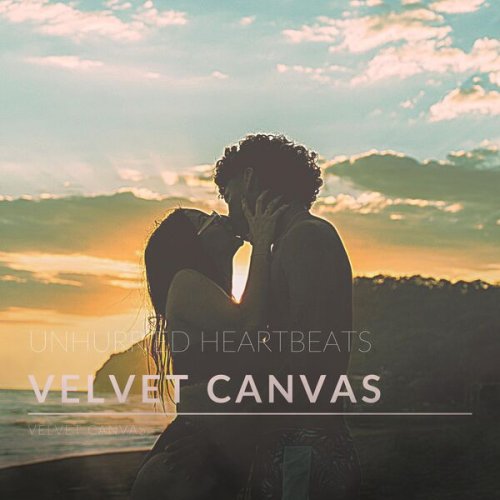Hal Russell's Chemical Feast - Elixir (2001)
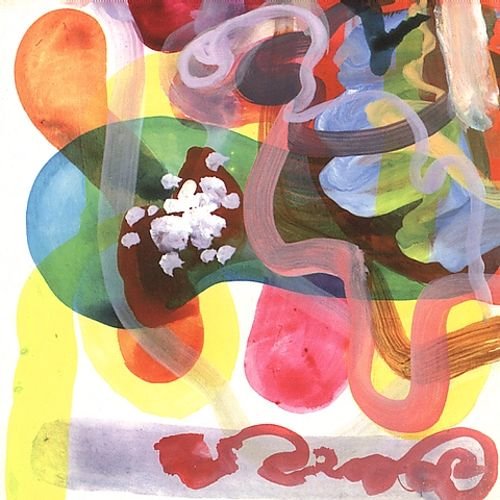
Artist: Hal Russell's Chemical Feast
Title: Elixir
Year Of Release: 2001
Label: Atavistic
Genre: Free Jazz
Quality: FLAC (tracks)
Total Time: 69:55
Total Size: 450 MB
WebSite: Album Preview
Tracklist:Title: Elixir
Year Of Release: 2001
Label: Atavistic
Genre: Free Jazz
Quality: FLAC (tracks)
Total Time: 69:55
Total Size: 450 MB
WebSite: Album Preview
01. Broadway Blues (15:57)
02. Manas (6:16)
03. Four Free (10:29)
04. Four Winds (15:27)
05. Kahoutek (7:20)
06. March of the Cellulite Goddesses (7:25)
07. Airborne (7:02)
Recorded live in 1979, this album features some absolutely scorching live performances from one of Hal Russell's final pre-NRG Ensemble groups, rounded out by Mars Williams and Spider Middleman on saxophones, Russ Ditusa on bass, and George Southgate on vibraphones (plus drums on one track). They stir up a glorious racket on tunes by Dave Holland and Ornette Coleman as well as originals by Russell and Williams. The bulk of the music sits somewhere on the line between Ornette Coleman/Don Cherry-style free bop (most tunes follow a head-solos-head format, without much collective blowing from the lead instruments) and post-Albert Ayler energy music. The horn players -- including Russell, who switches from drums to saxophone on "Four Free" -- really go at it, letting loose some excellent (though not for the faint of heart) overblown solos, and the rhythm section is on overdrive pretty much throughout -- Russell just about destroys his drumset on a couple of his solos. The two exceptions to the high-energy rule are "Kahoutek" and "Manas," two rhythm-less and relatively quiet tracks, the latter a sort of conceptual improv piece that doesn't really come across too well on record. Apart from that track and the fact that some of the solos go on a little longer than necessary, the only other quibble is the break in the tape that cuts off the end of "Four Free" and the beginning of Holland's "Four Winds"; the actual sound quality may not be professional, but it really suits the music well. This CD possesses historical value as a rare document of the non-AACM Chicago avant-garde scene prior to its 1990s resurgence (see Ken Vandermark, Russell's more visible releases for ECM, etc.), but the real reason to get it is that it just plain smokes.
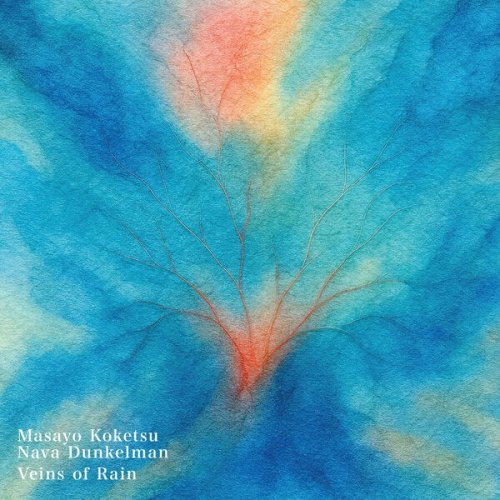
![Meg Okura - Isaiah (2026) [Hi-Res] Meg Okura - Isaiah (2026) [Hi-Res]](https://www.dibpic.com/uploads/posts/2026-02/1771428622_a0886412943_10.jpg)
![Bop Juice - Live at Smalls (2026) [Hi-Res] Bop Juice - Live at Smalls (2026) [Hi-Res]](https://www.dibpic.com/uploads/posts/2026-02/1771597003_cover.jpg)
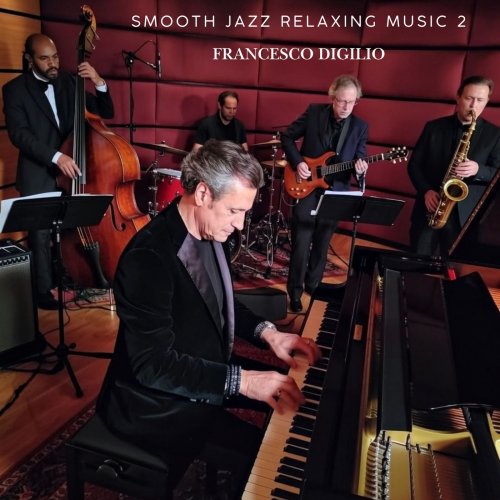
![Stephen Parisi Jr. - Buddy! (2026) [Hi-Res] Stephen Parisi Jr. - Buddy! (2026) [Hi-Res]](https://img.israbox.com/img/2026-02/20/fvrxk8mfalmhx2kjnbwaetofm.jpg)
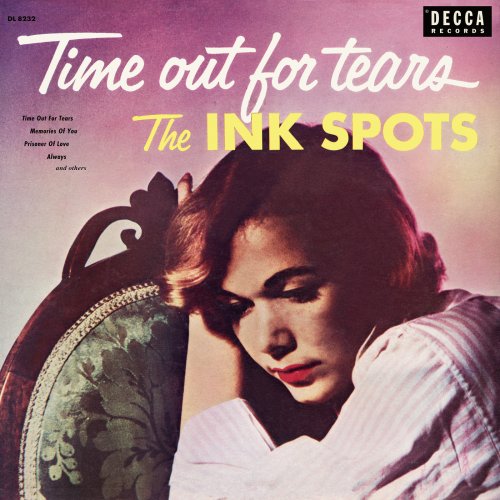
![Bill Champlin - Through It All (1994) [Japanese Edition] Bill Champlin - Through It All (1994) [Japanese Edition]](https://www.dibpic.com/uploads/posts/2026-02/1771699229_ff.jpg)
![Marvin Birungi - Soul Vaxnation (2026) [Hi-Res] Marvin Birungi - Soul Vaxnation (2026) [Hi-Res]](https://www.dibpic.com/uploads/posts/2026-02/1771660075_500x500.jpg)
